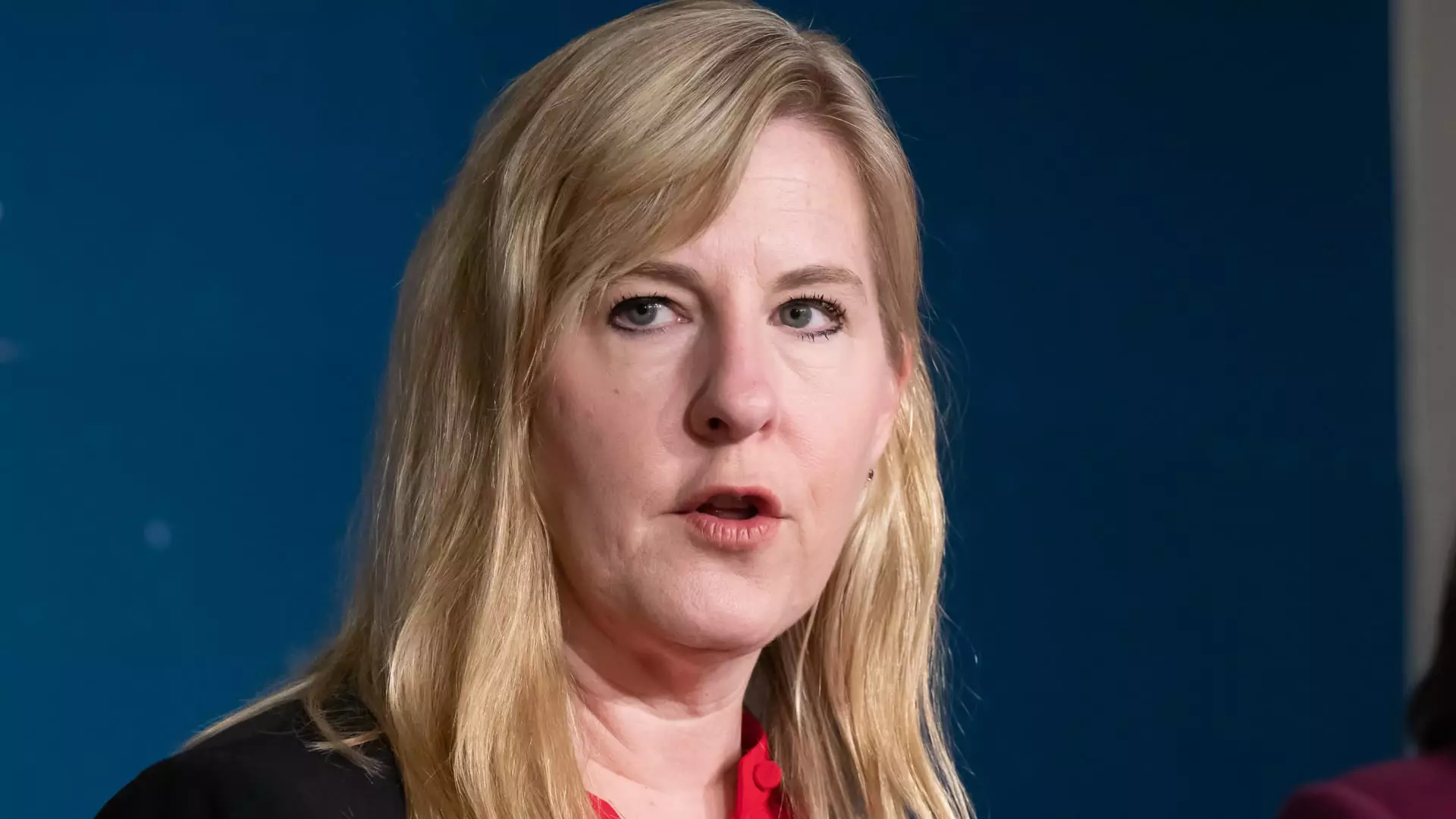The tragic death of former Minnesota House Speaker Melissa Hortman and the wounding of State Senator John Hoffman and his wife have sent shockwaves throughout the nation. What began as a typical Saturday morning erupted into an abhorrent episode of political violence that leaves us grappling with fears that should have been outdated in a democratic society. Governor Tim Walz, deeply affected by the loss, characterized this heinous act as a “politically motivated assassination,” but it raises a bottomless pit of questions about the state of political discourse in America today.
Hortman’s assassination is not merely an isolated incident; it embodies a disturbing trend in which lawmakers are increasingly becoming targets of hostility. These are not just abstract political figures; they are human beings with families, friends, and legacies that now hang in the balance, under constant threat from dangerous ideologies. This act of violence conveys a deeply unsettling message that political engagement can lead to death, rather than dialogue.
The Disturbing Implications of a Politically Charged Society
The backdrop against which Hortman’s death occurs is far from incidental. Over the past several years, political rhetoric in the United States has veered toward a level of toxicity rarely seen in our history. Extremist opinions have taken root, fostered by a media landscape that often prioritizes division over unity. The language used in the public square no longer beckons for debate; it incites aggression. In this atmosphere, the idea that one could be assassinated for their political beliefs feels starkly possible.
Governor Walz’s remarks about the situation further amplify the distressing realization that lawmakers are not secure in their own communities. A manhunt is currently underway for an assailant using a police impersonation to carry out these gruesome acts. This goes beyond the moral compass of any society; it poses a challenge to the frameworks of law and order that define our civilization. The living threat of violence is no longer just reserved for the military or police; it is now a reality for those dedicated to public service, leaving them with a grim choice: to engage in the political process knowing that their lives could be at stake.
Media Framing and Public Perception
One cannot ignore the role of media in shaping public perception concerning political violence. The news coverage surrounding incidents like Hortman’s murder often feeds into a cycle of sensationalism, devoid of context or deeper analysis. While such tragedies necessitate immediate reporting, we must ask ourselves: Are we amplifying fear, or are we fostering understanding? The proliferation of dramatic headlines can inadvertently normalize such violence, making it seem almost inevitable.
Moreover, the comments from figures such as former President Trump highlight the duality of accountability in our political arena. While they call for consequences, will there be substantial actions taken to address the systemic issues that lead to hatred and violence? Is there accountability for the political leaders who sow seeds of division? Ultimately, the statements serve more as temporary salve than long-term solutions.
A Call for Reflection and Action
In the wake of brutal violence, it is essential for us to take a step back and reflect on the gravity of what has transpired. We find ourselves at a crossroads where our political ideology must not just reflect our beliefs but also our humanity. Lawmakers deserve to fulfill their duties without looking over their shoulders in trepidation. As society grapples with the ramifications of Hortman’s assassination, we must also begin to look within our partisan silos and confront the culture that allows such incidents to happen.
The collective anger over these killings must do more than just fuel outrage; it should inspire meaningful policies that prioritize safe expression, respected differences, and strategies to de-escalate political tensions. We remain dangerously close to a reality where fear becomes an everyday companion in public service, threatening the very fabric of our democratic society.
In a time that demands unity, resilience, and understanding, let us reshape the narrative surrounding political engagement. We owe it to leaders like Melissa Hortman, and to ourselves, to foster civic discourse that celebrates humanity rather than targeting it. It’s time to rise against the tide of extremism and redefine our political landscape—not with bullets, but with dialogue and empathy.

